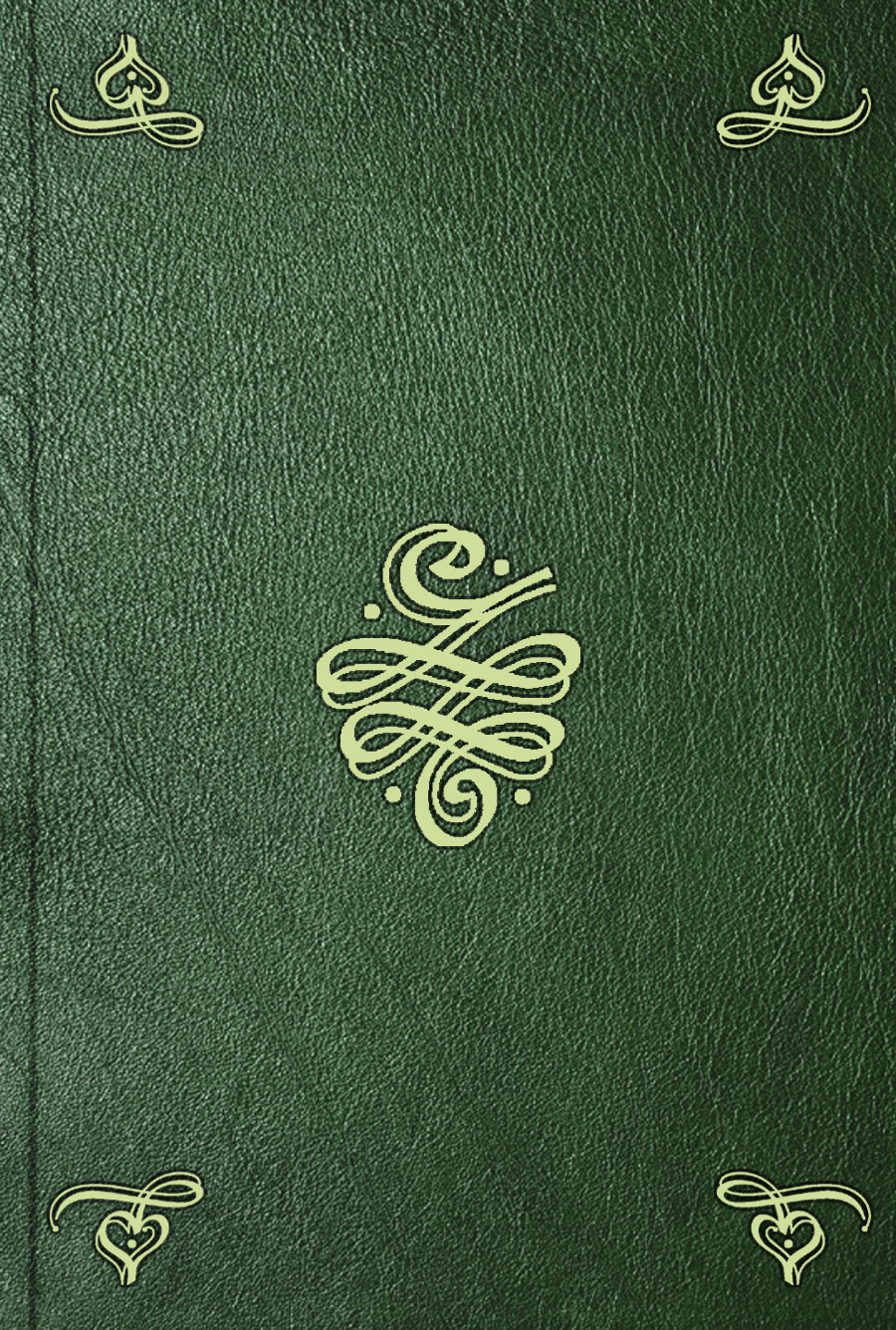Электронная книга: Zoroastre «Zend-Avesta, ouvrage de Zoroastre. T. 1. P. 1»

|
Полный вариант заголовка: «Zend-Avesta : Tome 1. 1 Partie : contenant les idees theologiques, physiques&morales de ce legislateur, les ceremonies du culte religieux qu'il a erabliy, etc. plusieurs traits importans relatifs a l'ancienne histoire des Perses : ornee de planches gravees en taille douce / ouvrage de Zoroastre ; traduit en Francois sur l'original Zend, avec des remarques; et accompagne de plusieurs traites propres a eclaircir les matieres qui en sont l'object par M. Anquetil du Perron». Издательство: "Библиотечный фонд" (1771)
электронная книга Скачать бесплатно на Litres |
Другие книги автора:
| Книга | Описание | Год | Цена | Тип книги |
|---|---|---|---|---|
| Zend-Avesta, ouvrage de Zoroastre. T. 2 | Полный вариант заголовка: «Zend-Avesta, ouvrage de Zoroastre. T. 2 : contenant les idées théologiques, physiques&morales de ce législateur, les cérémonies du culte… — Библиотечный фонд, электронная книга Подробнее... | электронная книга |
Zoroastre
"Zoroastre" ("
Performance history
"Zoroastre"'s premiere in 1749 was not a success; despite the magnificence of the staging, it failed to compete with
Libretto and music
"Zoroastre" includes some important innovations: it was the first major French opera to dispense with an allegorical prologue and its subject matter is not drawn from the
Roles
ynopsis
"The synopsis is based on 1756 version"
Act 1
The story takes place in the ancient kingdom of
Act 2
Zoroastre is in exile at the palace of the king of the good
Act 3
Night. Abramane and Erinice quarrel over the disaster that has befallen their plans. Abramane hides Erinice in a cloud. At dawn, Zoroastre, Amélite and the Bactrian people assemble to worship the Supreme Being then celebrate the marriage of Zoroastre and Amélite. As the wedding ceremony takes place, Abramane arrives on a fiery chariot and kidnaps Amélite. Zoroastre prepares his magic spirits for war
Act 4
In the temple of the god Arimane, Abramane receives news that the battle between the spirits of good and evil is going badly for him. He sacrifices to the god and summons up Hate, Vengeance and Despair.
Act 5
Erinice, now repentant, warns Zoroastre of Abramane's plan for a new battle. Abramane appears in the fiery chariot once more and reveals Amélite in chains. He calls on Zoroastre to surrender. Instead, Zoroastre calls on the gods, who strike down Abramane and his evil priests with thunderbolts. The opera ends with rejoicing as Zoroastre and Amélite are crowned king and queen of Bactria.
elected recordings
* "Zoroastre" (1756 version) Collegium Vocale Ghent, La Petite Bande, Sigiswald Kujiken (3 CDs, Deutsche Harmonia Mundi, 1983)
* "Zoroastre" (1756 version) Les Arts Florissants, William Christie (3 CDs,Erato, 2002)
* DVD: "Zoroastre" (1756 version) Les Talens Lyriques, Christophe Rousset (2 DVDs, 2006)
References
ources
*Girdlestone, Cuthbert, "Jean-Philippe Rameau: His Life and Work", New York: Dover, 1969 (paperback edition)
*Holden, Amanda, ed., "The Viking Opera Guide", New York:Viking, 1993
*Sadler, Graham, ed., "The New Grove French Baroque Masters" Grove/Macmillan, 1988
*Sadler, Graham's, Booklet notes to the Christie recording
External links
* [http://perso.orange.fr/jean-claude.brenac/Operabaroque.htm Le magazine de l'opéra baroque by Jean-Claude Brenac (in French)]
Источник: Zoroastre
См. также в других словарях:
Zend-Avesta — Avesta Pour les articles homonymes, voir Avesta (homonymie). L Avesta (en avestique avestā) est l ensemble des textes sacrés de la religion mazdéenne et forme le livre sacré, le code sacerdotal des zoroastriens. Il est parfois connu en Occident… … Wikipédia en Français
Zend Avesta — Avesta Pour les articles homonymes, voir Avesta (homonymie). L Avesta (en avestique avestā) est l ensemble des textes sacrés de la religion mazdéenne et forme le livre sacré, le code sacerdotal des zoroastriens. Il est parfois connu en Occident… … Wikipédia en Français
Zoroastre (prophète) — Zoroastre était un penseur connu de l antiquité Zoroastre, Zarathushtra ou Zarathoustra (Zaraθuštra en avestique, Ζωροάστρης en grec), a été un personnage religieux important, connu comme prophète et fondateur du Zoroastrisme, ancienne religion… … Wikipédia en Français
Avesta — Pour les articles homonymes, voir Avesta (homonymie). L Avesta (du pahlavi abestāg) est l ensemble des textes sacrés de la religion mazdéenne et forme le livre sacré, le code sacerdotal des zoroastriens. Il est parfois connu en Occident sous l… … Wikipédia en Français
Zendavesta — Avesta Pour les articles homonymes, voir Avesta (homonymie). L Avesta (en avestique avestā) est l ensemble des textes sacrés de la religion mazdéenne et forme le livre sacré, le code sacerdotal des zoroastriens. Il est parfois connu en Occident… … Wikipédia en Français
Abraham Hyacinthe Anquetil-Duperron — Pour les articles homonymes, voir Anquetil. Abraham Hyacinthe Anquetil Duperron … Wikipédia en Français
